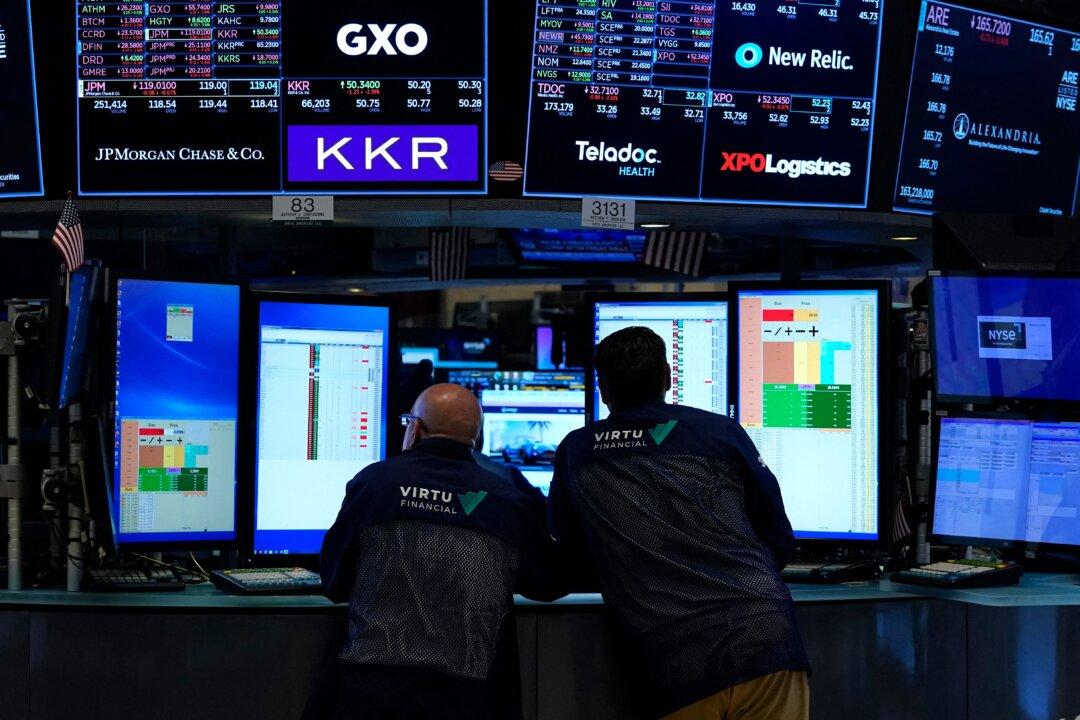The Dow Jones Industrial Average has lost roughly 14 percent in the first five months of this year. The tech-heavy Nasdaq Composite Index slipped into a bear market by falling 28 percent year-to-date, and the S&P 500 is on the bear market’s doorstep by tumbling 19 percent.
The latest performances in the stock market could give investors some pause before buying into the equities arena. The Federal Reserve Bank of New York’s recent Survey of Consumer Expectations revealed that only 38 percent of Americans think U.S. stock prices will be higher one year from now.





